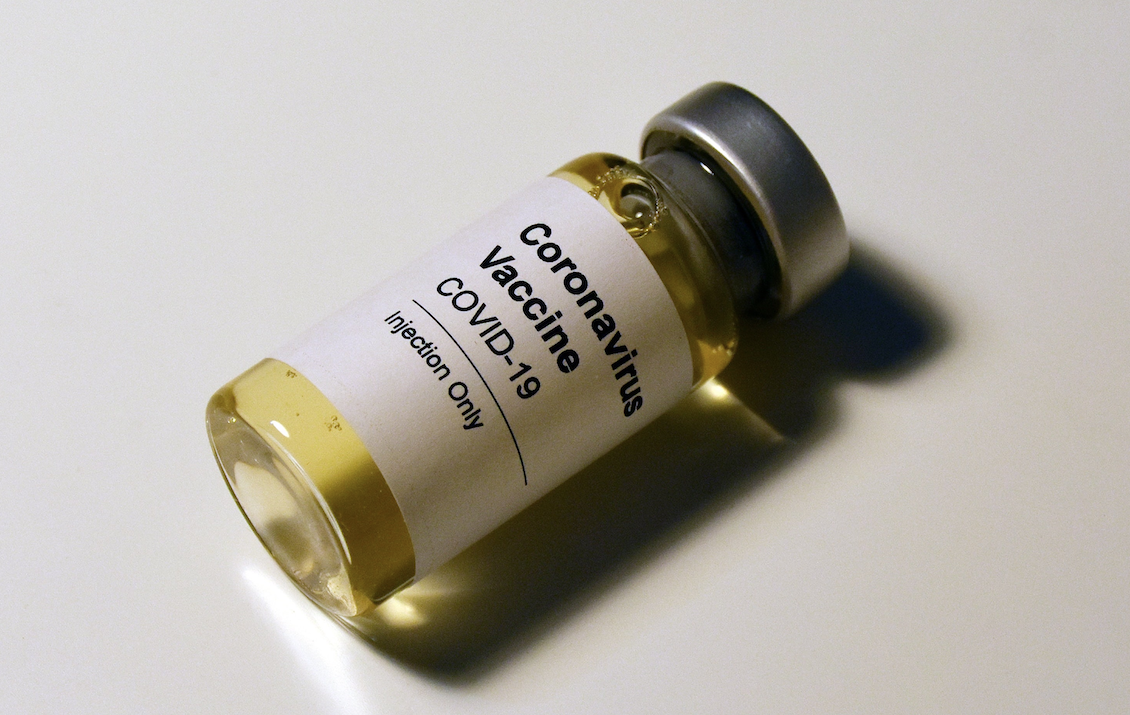Let’s pick up where we left off last time.
What do you think about these new vaccines and are you going to take one of them?
Let’s start with the easy answer. Yes, I will take it when available. I’m not worried about the side effects or whether it might change my DNA. Actually, that might be good for some of us. What I think about this is more complex, and constantly evolving. There are a lot of things to consider.
The coronavirus is pretty slippery. This family of viruses has been around for a long time, some of which are the causes of the common cold. We’ve had centuries to develop immunity to them but have not been able to do so, at least for any appreciable amount of time. While the current vaccines have demonstrated impressive effectiveness—95% in preventing symptomatic disease or lessening its severity—we don’t know how long this induced immunity will last. Could be weeks or months, but probably not years. That’s something we just don’t know and time will tell. A very possible scenario is that we will be getting modified coronavirus vaccines annually, along with a modified flu shot. Not what we might hope for, but much better than the shape we were in a year ago.
Here are some things to keep in mind, with the understanding that our knowledge and guidelines are constantly and rapidly evolving:
- This is a new type of vaccine—using a messenger RNA—and is not a live virus.
- If you’ve had a Covid infection or been treated with antibodies, you should still get the vaccine.
- We don’t know if these vaccines are safe with women who are pregnant or breastfeeding. This decision needs to be made by a woman and her healthcare provider. As of right now, this is not a hard and fast contraindication.
- The only absolute contraindication for getting the vaccine is someone who has had a previous allergic reaction to any vaccine. This needs to be truly allergic, and not just pain at the site of injection or aches and discomfort. If you think you’ve had an allergic reaction in the past, this should be discussed with your doctor.
- The Covid vaccines should not be given at the same time with any other vaccines (flu or pneumonia). Allow for at least two weeks between injections.
- Both the Pfizer and Moderna vaccines require two shots: Pfizer 21 days after the first injection, and Moderna 28 days.
- Side effects seem to be fairly common, but not severe and not long-lasting. They include things like pain at the injection site, fatigue, headache, muscle pain, joint pain, and occasionally fever. All of these are indications that your immune system is responding to the vaccine and is revving up. And all of these seem to be more common after the second dose.
As of today, there have been some glitches with how this vaccination process has been rolled-out—not surprising considering the complexities of the endeavor and the rapidity with which these vaccines have been developed. But we’re getting there, and my advice is to strongly consider getting it when you can. I will.
Once enough of us have been vaccinated and we’ve achieved “herd immunity,” can we stop wearing these aggravating masks? And just what is the science behind their use anyway?
Realistically, I think we’ll be wearing masks for a long time. It will be a while before we reach a point of herd immunity, and when we do, the virus may have altered enough to evade the effectiveness of the current vaccines. That may be happening right now (the UK virus). Not a pleasant thought, but that’s the way I see it.
When it comes to the science behind wearing a mask, we need to differentiate between “Facebook science” and the real thing. I continue to search the medical literature for meaningful studies of the use of face masks during this pandemic and there just are not a lot of them out there. A couple of reasons for this are that humans are hard to study—we can’t be treated like lab mice. And determining what you’re going to study can be difficult. A valid study starts with a well-defined question: does A cause B, for example. Or is C better than D. A lot of things that make it into the “press” are things that were not intended to be determined by the study. “Hey, look what we found!” They grab our attention but are not substantiated.
Complex stuff, and things we need to keep in mind when we hear, “I just saw…” or “I just read…”
I think it’s safe at this point to say that wearing a mask provides some protection to those around us. It reduces the risk of transmission from an asymptomatic or minimally symptomatic individual to those in close contact, keeping in mind that we don’t currently know the actual risk of this type of transmission, only that it does happen. And it seems that a mask only provides minimal protection to the wearer. Lastly, surgical or N95 masks are much more effective than cloth masks, but we’ve known that for a while.
A lot of questions about this virus remain. Getting the answers will require time and not a small dose of healthy skepticism and discernment.


Add Comment